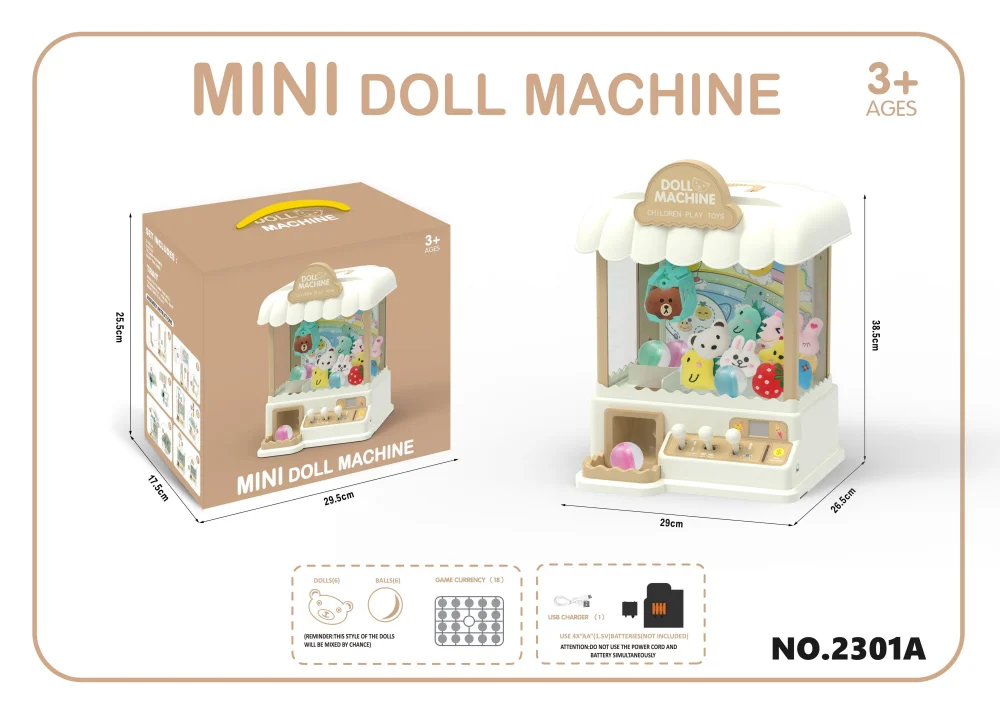Unraveling the Truth: Do Hair Growth Products Really Deliver Results?
3 min readIn recent years, the quest for effective hair growth products has gained significant traction, with countless individuals seeking solutions to combat hair thinning and loss. The market is flooded with a plethora of options, ranging from topical treatments to dietary supplements, each promising miraculous results. However, the critical question remains: do any of these hair growth products actually work? This post aims to dissect the efficacy of various hair growth solutions, backed by scientific research and expert opinions.
Understanding Hair Loss
Before delving into specific products, it is essential to understand the underlying causes of hair loss. Conditions such as androgenetic alopecia (commonly known as male or female pattern baldness), alopecia areata, and telogen effluvium can significantly impact hair density. Each condition may require a different approach to treatment, making it crucial for consumers to identify the root cause of their hair loss before selecting a product.
The Science Behind Hair Growth Products
- Minoxidil: One of the most widely recognized topical treatments, minoxidil, is FDA-approved for both men and women. It works by increasing blood flow to hair follicles, thereby stimulating hair growth. Studies have shown that approximately 40% of users experience moderate to dense hair regrowth after consistent use over several months. However, it is important to note that results can vary, and discontinuation often leads to the loss of newly grown hair.
- Finasteride: This oral medication is primarily prescribed for men and works by inhibiting the conversion of testosterone to dihydrotestosterone (DHT), a hormone linked to hair loss. Clinical trials indicate that finasteride can reduce hair loss and promote regrowth in a significant percentage of men. However, potential side effects, including sexual dysfunction, have led some to seek alternative treatments.
- Natural Supplements: The market for natural hair growth supplements, often containing ingredients like biotin, saw palmetto, and various vitamins, has surged. While some studies suggest that biotin can improve hair health in individuals with a deficiency, the evidence supporting the efficacy of other ingredients remains inconclusive. Consumers should approach these products with caution, as the lack of regulation in the supplement industry can lead to variability in product quality.
Emerging Treatments
- Platelet-Rich Plasma (PRP) Therapy: This innovative treatment involves drawing a patient’s blood, processing it to concentrate the platelets, and injecting it into the scalp. Preliminary studies indicate that PRP can stimulate hair growth in individuals with androgenetic alopecia. However, more extensive research is needed to establish long-term efficacy and safety.
- Low-Level Laser Therapy (LLLT): Devices that utilize low-level lasers aim to stimulate hair follicles and promote growth. Some clinical trials have shown promising results, indicating that LLLT can increase hair density in both men and women. However, the effectiveness can vary based on the device used and the individual's specific condition.
The Role of Lifestyle Factors
While hair growth products can play a significant role in addressing hair loss, it is crucial to consider the impact of lifestyle factors. A balanced diet rich in essential nutrients, regular exercise, and stress management techniques can contribute to overall hair health. Additionally, avoiding harsh hair treatments and maintaining a healthy scalp environment can enhance the effectiveness of any hair growth product.
Conclusion: Making Informed Choices
In conclusion, while some hair growth products have demonstrated efficacy, results can vary widely among individuals. It is essential for consumers to conduct thorough research, consult healthcare professionals, and consider their unique circumstances before investing in any treatment. Ultimately, a holistic approach that combines effective products with healthy lifestyle choices may yield the best results in the quest for fuller, healthier hair.


